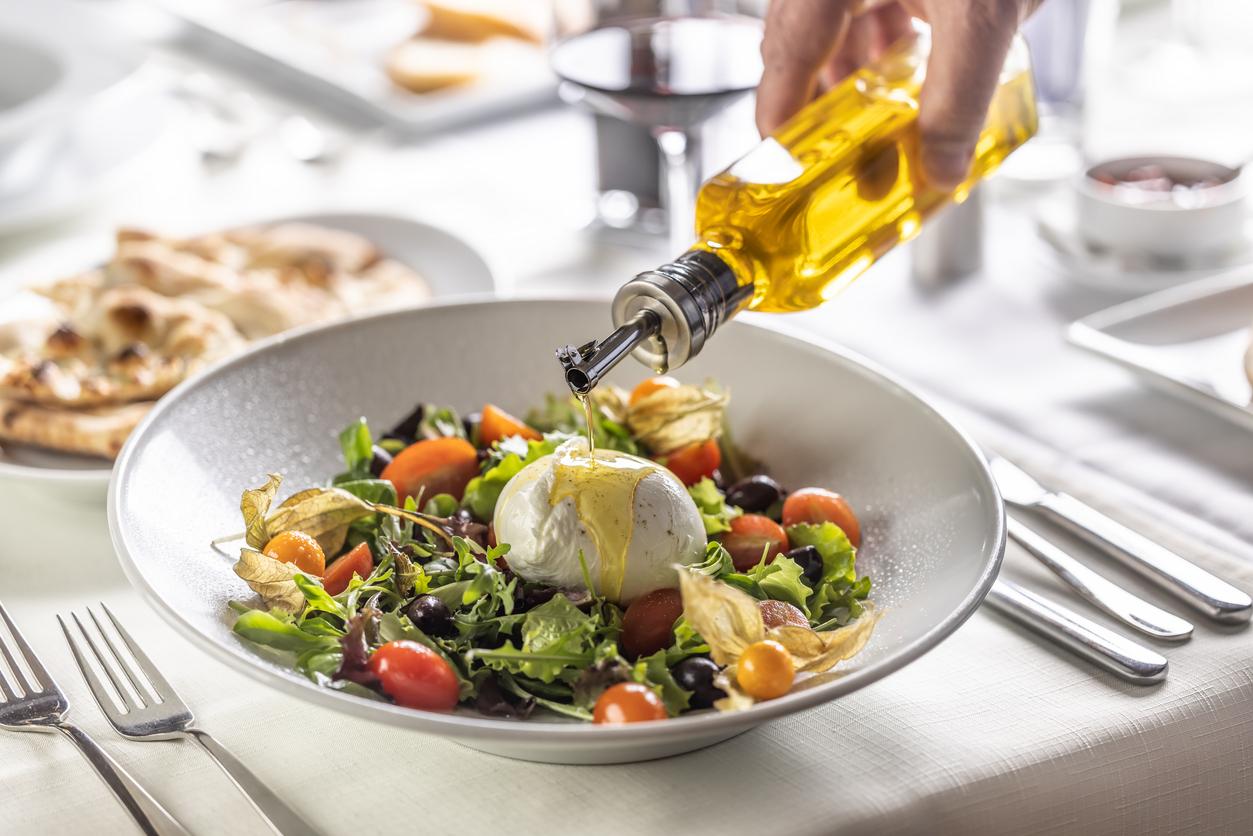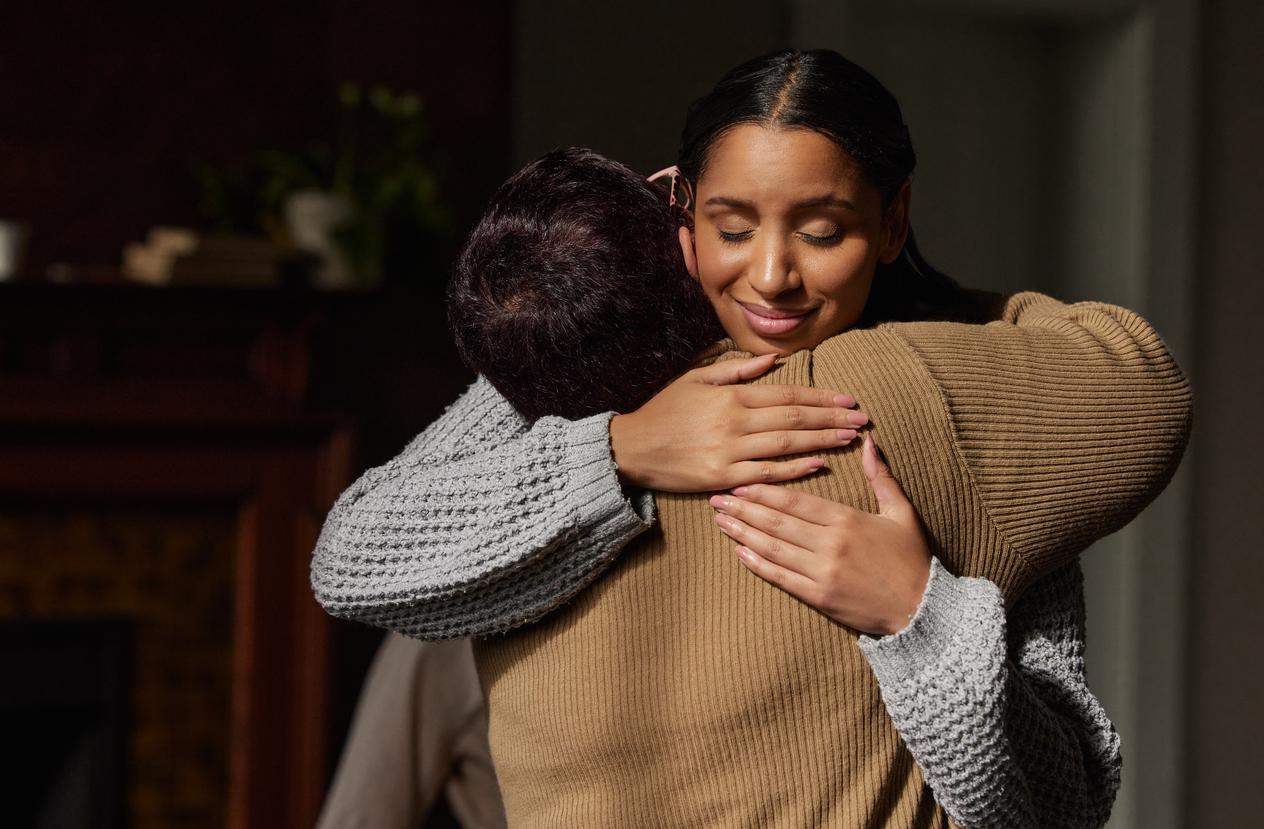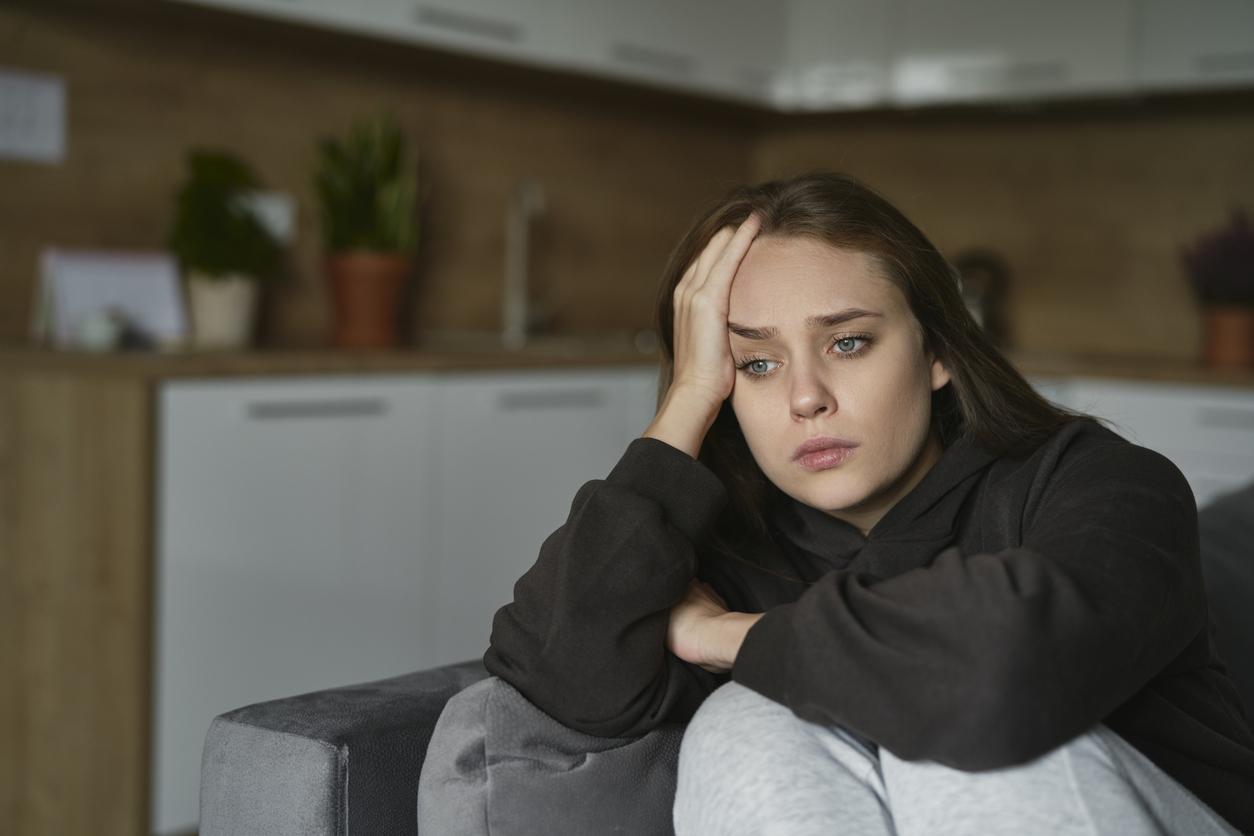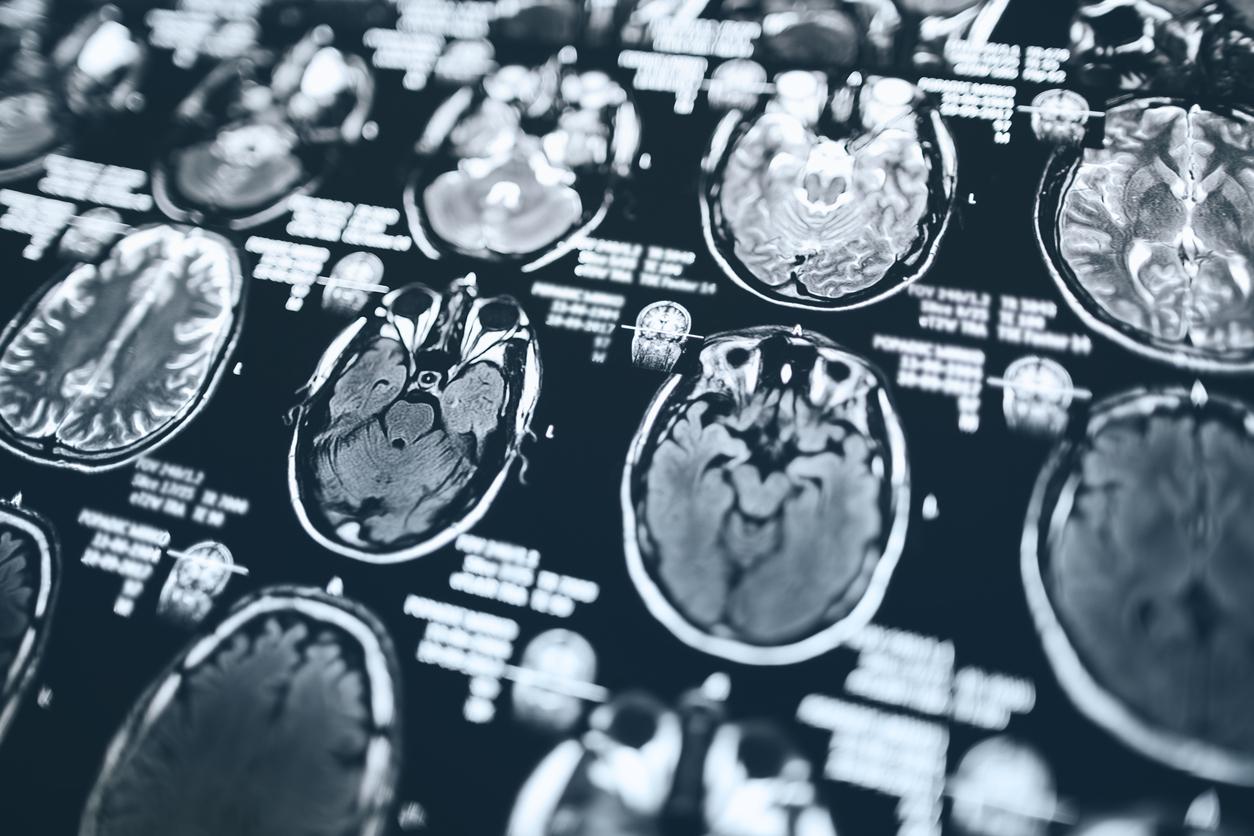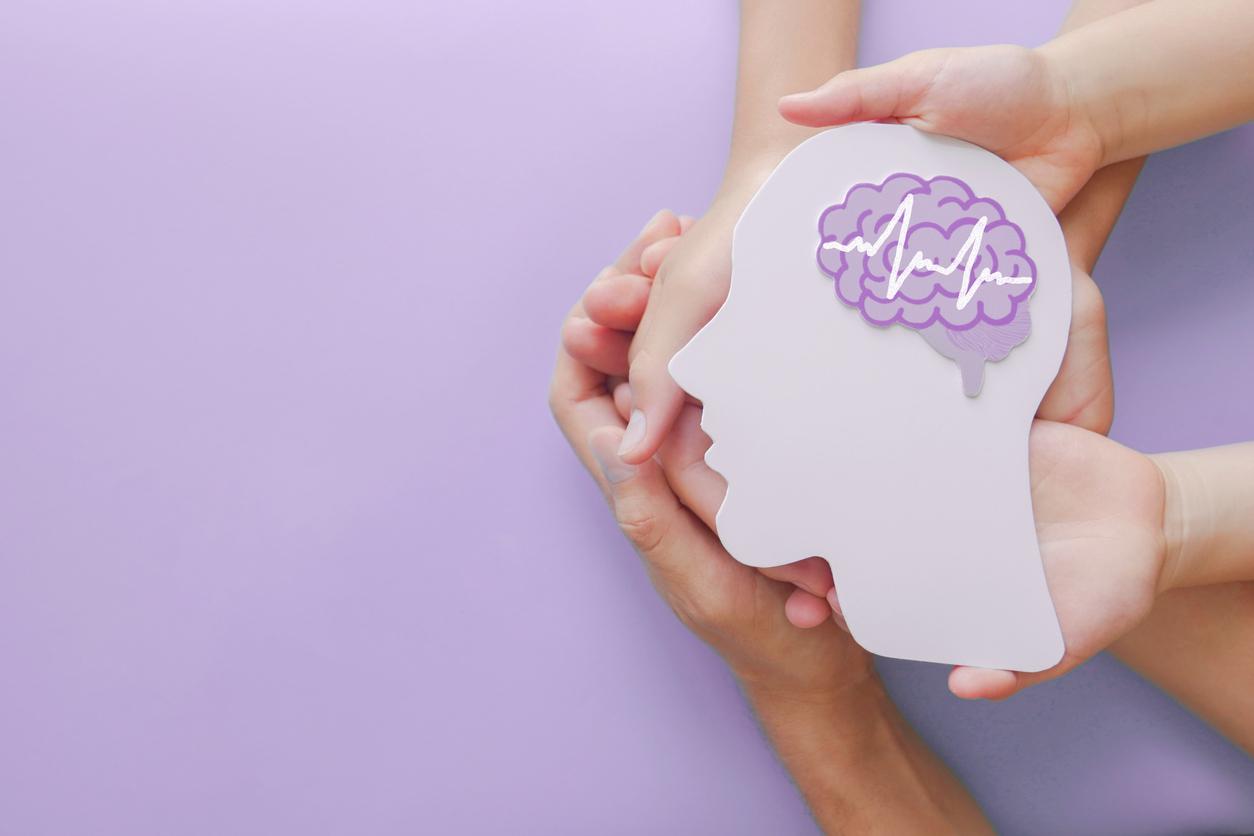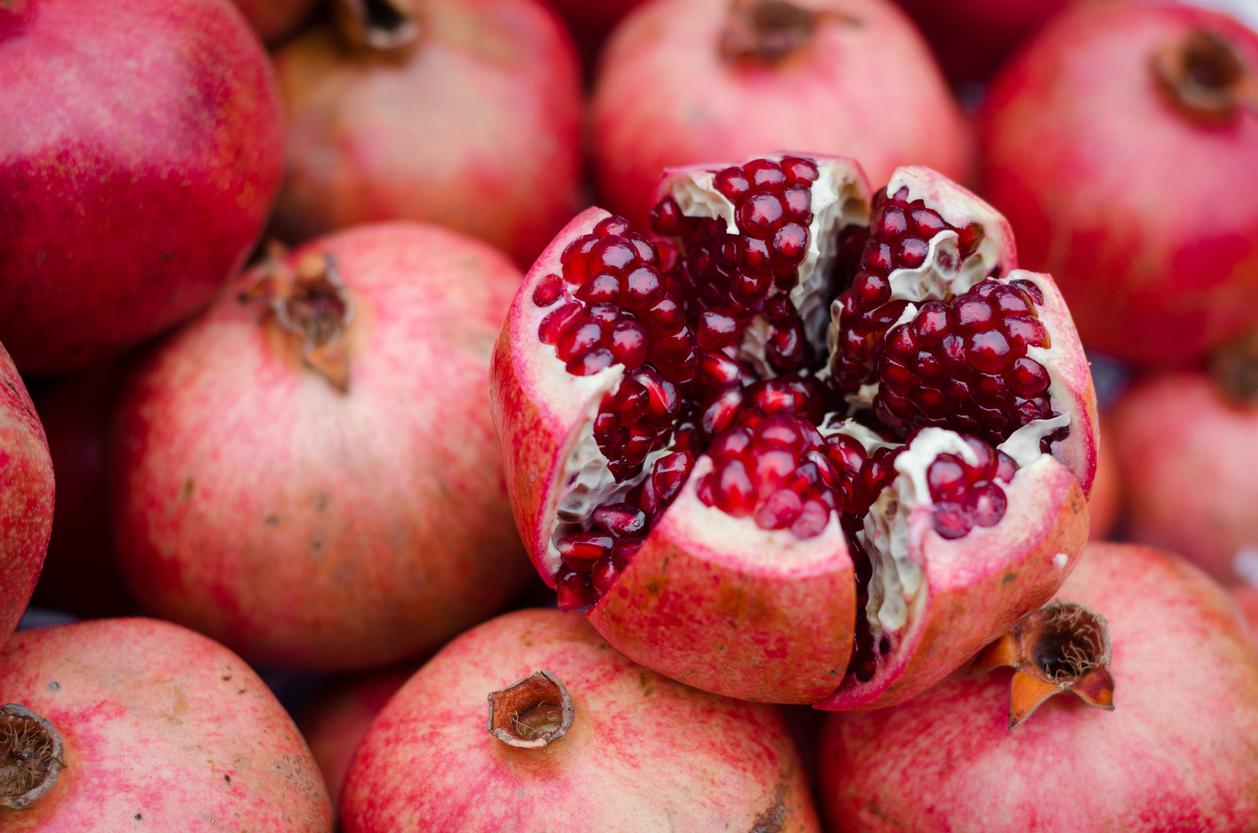In France, we estimate the number of case of Alzheimer’s disease at 900,000. Each year, 225,000 new cases are detected.
This disease involves progressive loss of memory and certain intellectual (cognitive) functions leading to repercussions in the activities of daily life.
This condition involves a progressive disappearance of neurons in regions of the brain that manage certain abilities, such as memory, language, reasoning or attention. Cells lose their functions and then die. Result: certain faculties are altered and gradually reduce the person’s autonomy. Although Alzheimer’s disease appears more often in older people, it is not a normal consequence of aging.
On the occasion of the World Alzheimer’s DaySeptember 21, 2023, Laury Thilleman agreed to confide in Top Health on his experience.
“ If we include caregivers, more than 3 million people would be affected », Estimates the Foundation for Medical Research. This is the case of the former Miss France, who saw her daily life turned upside down 12 years ago by her grandmother’s diagnosis at age 74. Exclusive interview.
Top Santé: Why is research into Alzheimer’s disease important to you?
Laury Thilleman: We are all affected in one way or another by Alzheimer’s disease. My grandmother has had it for 12 years so I know how much of a struggle and earthquake it is for the whole family, and not just for the patient. It seemed obvious to me to get involved. It is thanks to donations that medical research can advance. Without donations, treatments would not be possible.
Top Santé: How did your grandmother’s illness change your life?
LT: The diagnosis allowed us to finally understand where his inconsistencies were coming from. It was like we were excusing him and apologizing at the same time for being helpless. A race against time ensued: we had to ensure that she lived in a specialized, safe place. It was quite violent, especially since not all members of a family always agree on how to manage. There was a whole logistics that came up in our lives. We all do our best without knowing what is really best for her. At 74, she had to leave her independence, which is very destabilizing. It is in a nursing home that I visit him now. It was traumatic. Like all little girls, I preferred to see her at home.
Top Santé: Why did you want to wait several years before confiding in your grandmother’s illness?
L.T. : I am a member of the family, there are others around. I couldn’t see myself speaking out without consulting them. Not everyone experiences the news of illness in the same way. Out of respect for my aunts, my cousins and the whole family, I preferred to wait for everyone to digest the news before speaking about it publicly.
Top Santé: How is your grandmother today?
LT: I’d be lying to you if I told you she’s fine. Today there is no further improvement. Every week, every month, we are happy that she can still spend time with us. Surprisingly, only the song wakes her up. She sings and she sends me videos. Despite illness, my grandmother still has the memory of words. The power of music is fascinating!
Top Santé: What were the warning symptoms for her?
LT: Before his diagnosis, we observed inconsistencies and clumsiness. She couldn’t remember if she had already eaten or not. We also noticed the banality of her conversations: they became lighter and lighter, because my grandmother didn’t take the risk of making a mistake. So she only talked about the rain and the good weather. There was also his conduct; she loved driving, but sometimes she would go 100 km/h in the city and 50 on the highway… instead of the other way around.
Top Santé: Did your grandmother’s illness change the way you take care of yourself and your health?
LT: Completely. We know that Alzheimer’s disease is partly genetic and can skip generations. We are not safe! So read, stimulate your consciousness, eat well, oxygenate your brain, limit screen time…it’s super important. I think that adopting good habits can have positive repercussions for me.
Top Santé: If there was one memory you would like to relive, or never forget, what would it be?
LT: My first wave surfed without hesitation. My first feeling of flying on the ocean. I would like to never forget it. I hope that this activity allows me to oxygenate my body, my head, and that I can continue to practice it throughout my life.
Top Santé: What would you like to say to readers affected by Alzheimer’s disease or who are fighting for a sick loved one?
LT: Keep aware that in moments when we feel like we are losing the attention of the person we love, only messages of love come through: an “I love you” is often very impactful . It’s actually the only communication we have with my grandmother. We can lose our reason, our memory, but not love. All the happy hormones that this emotion triggers remain intact.
There Foundation for Medical Research, an institute recognized as being of public utility, has made the fight against Alzheimer’s disease an absolute priority by investing 9.5 million euros over the last five years in 38 research projects. Laury Thilleman is its ambassador.



